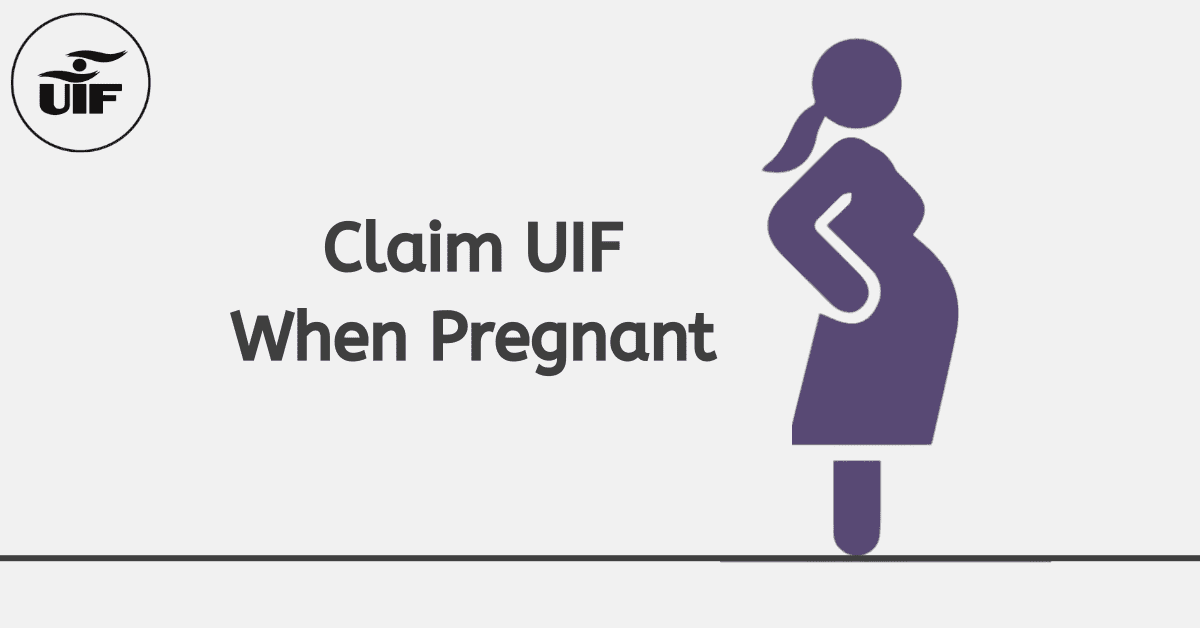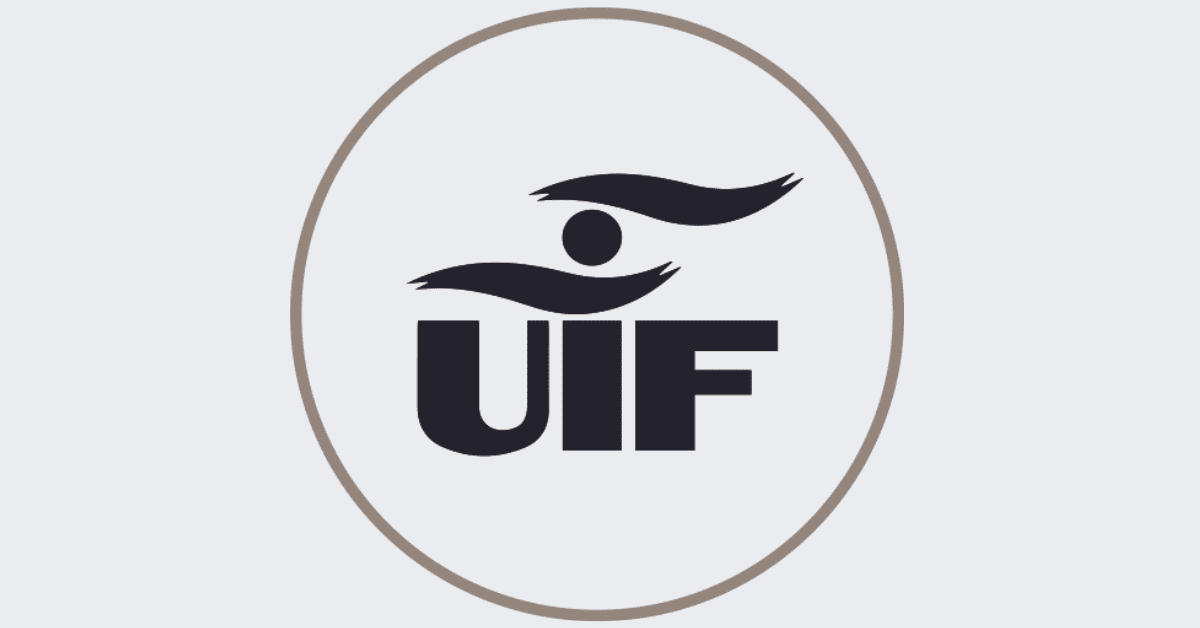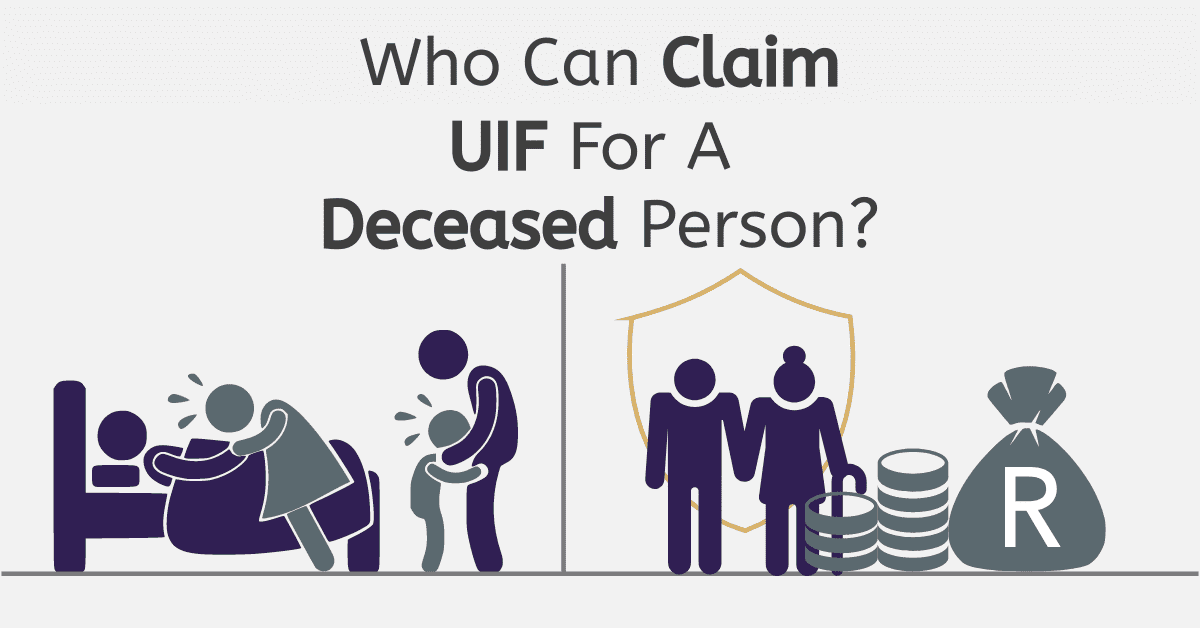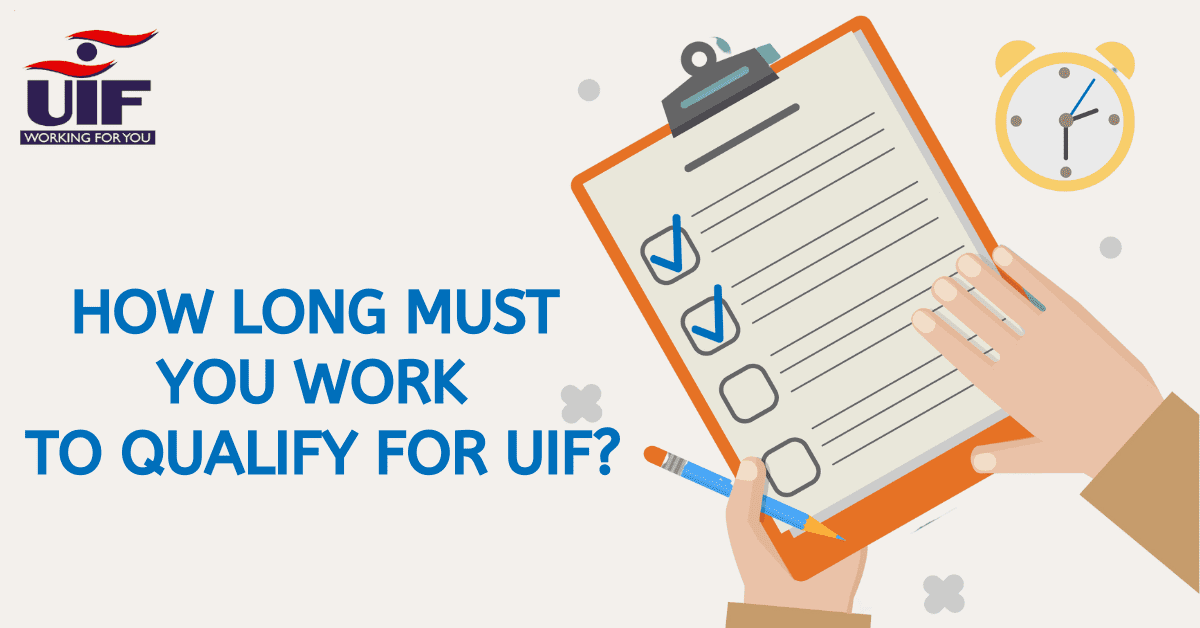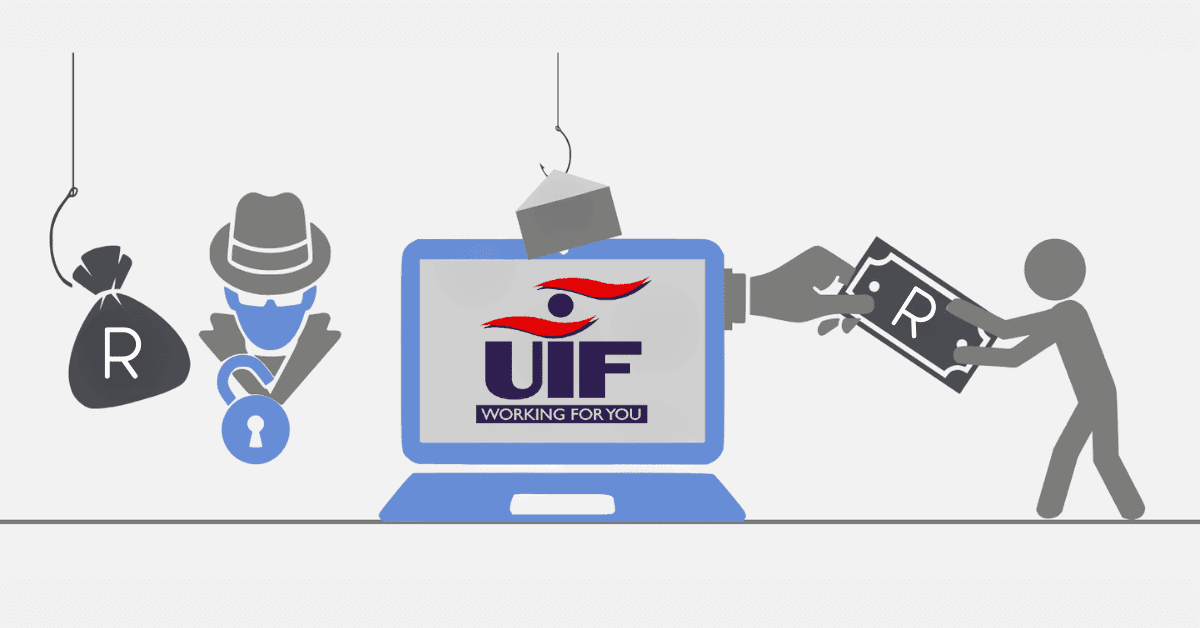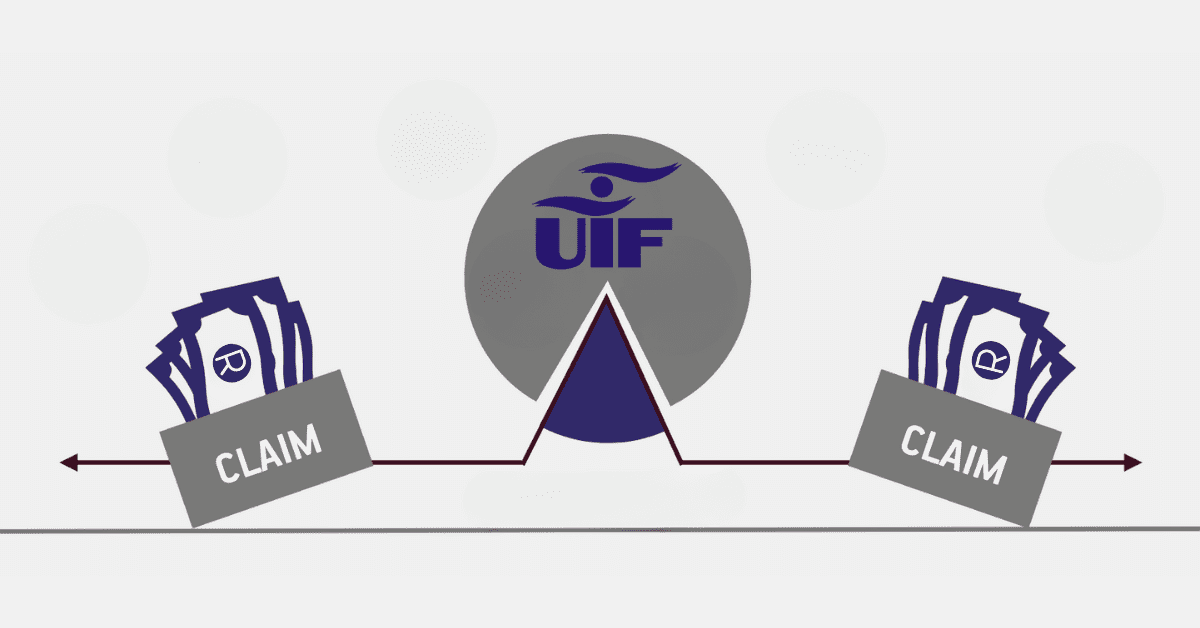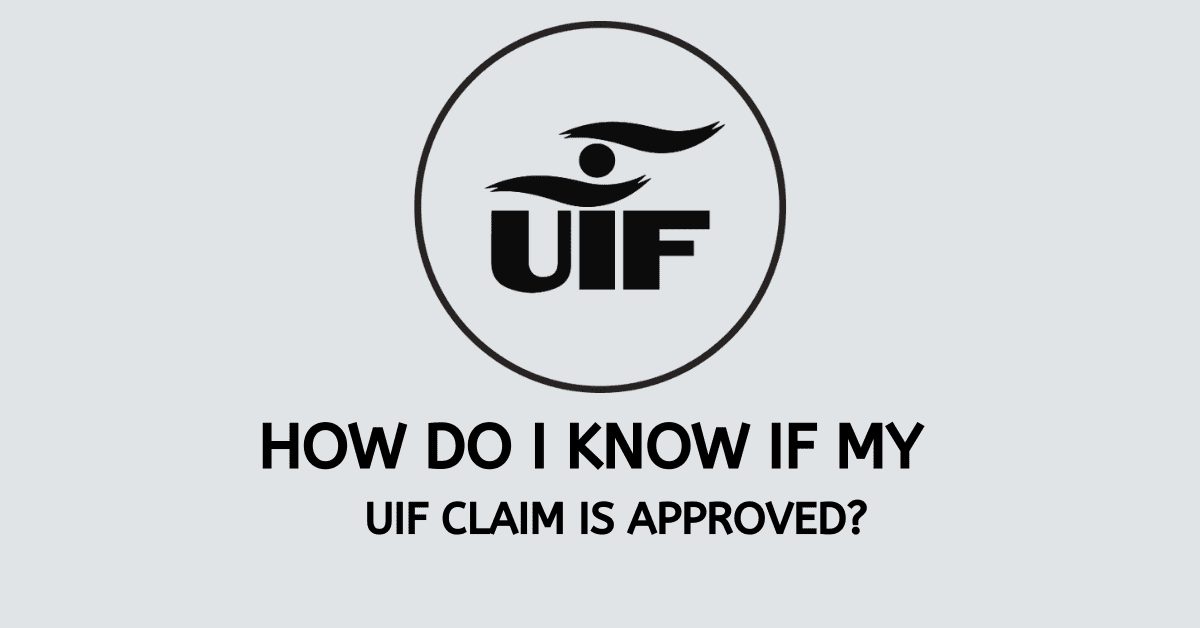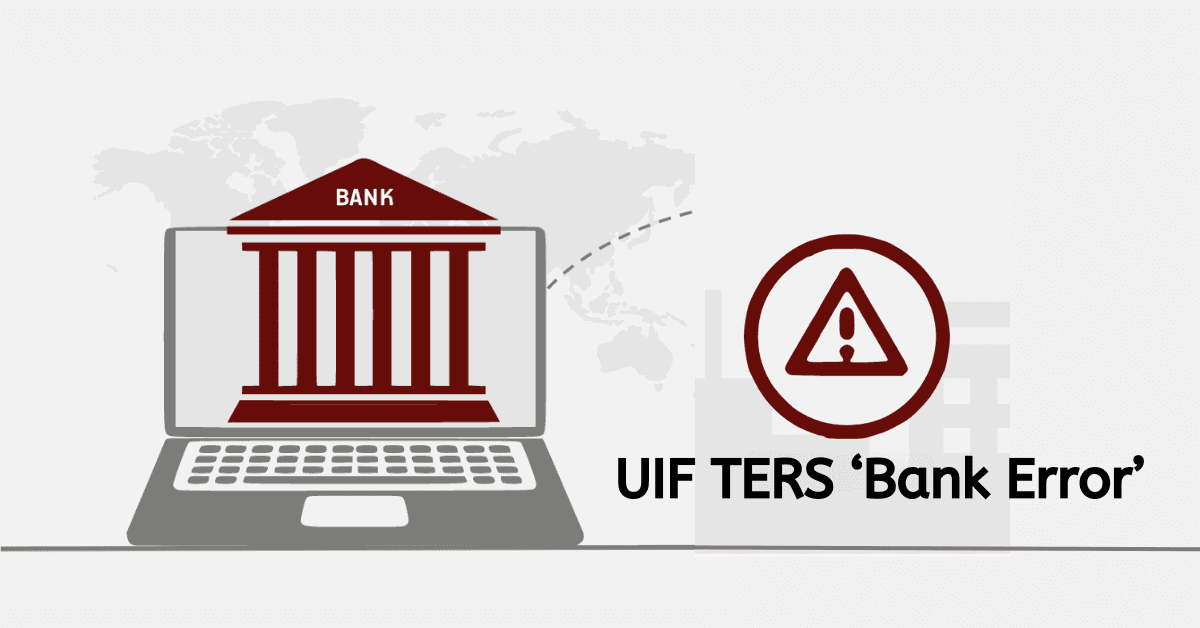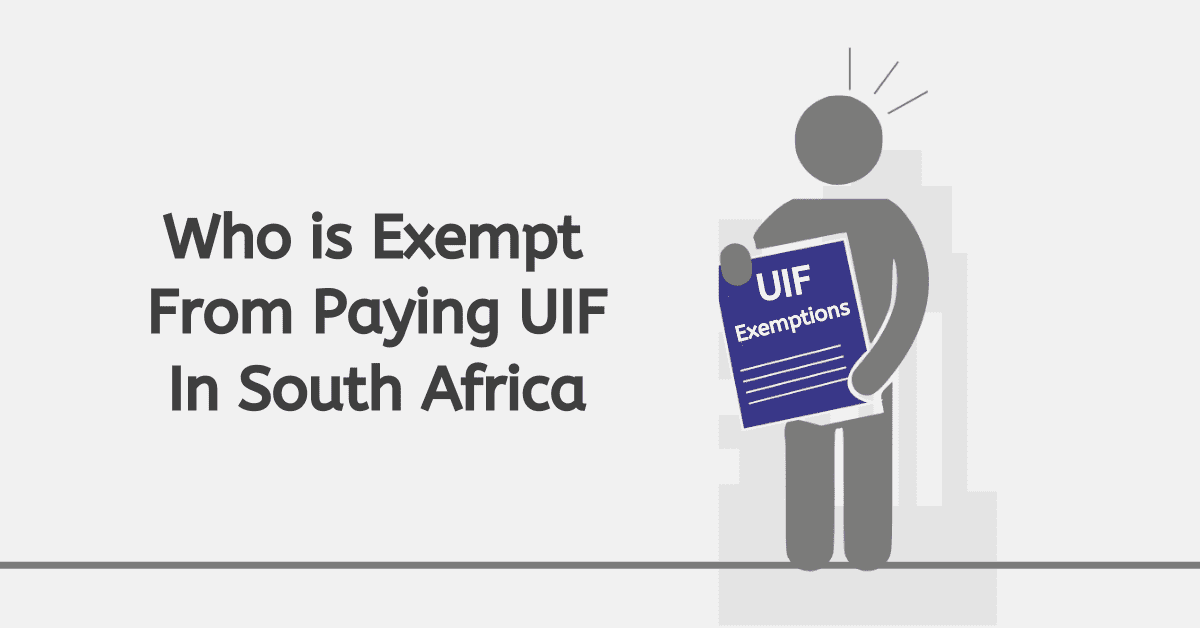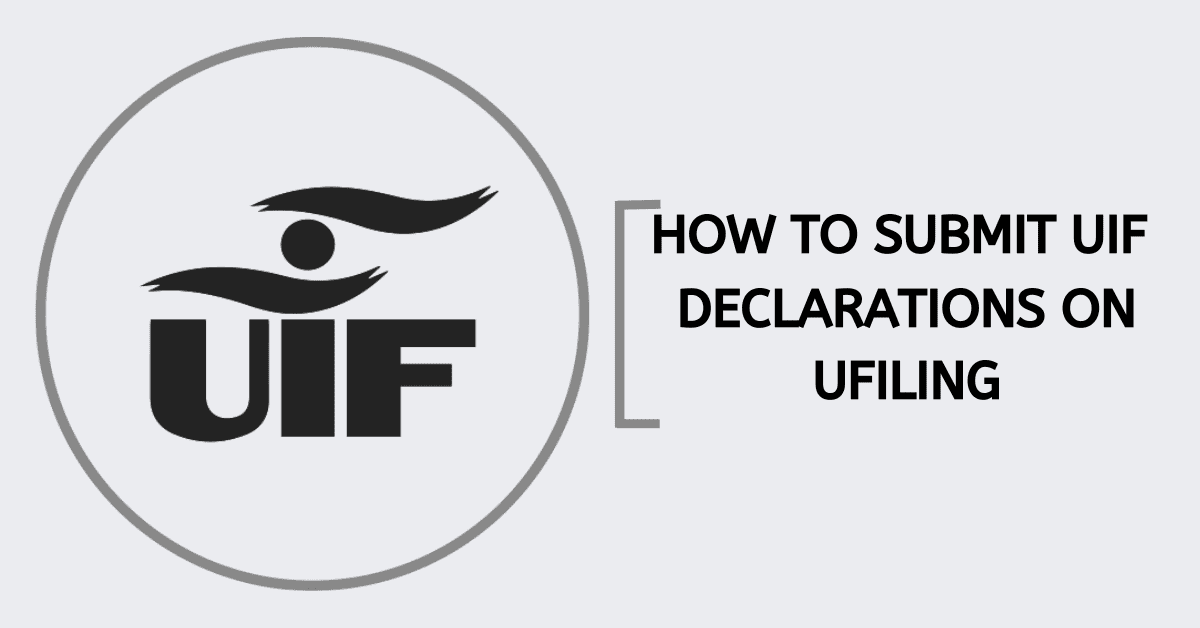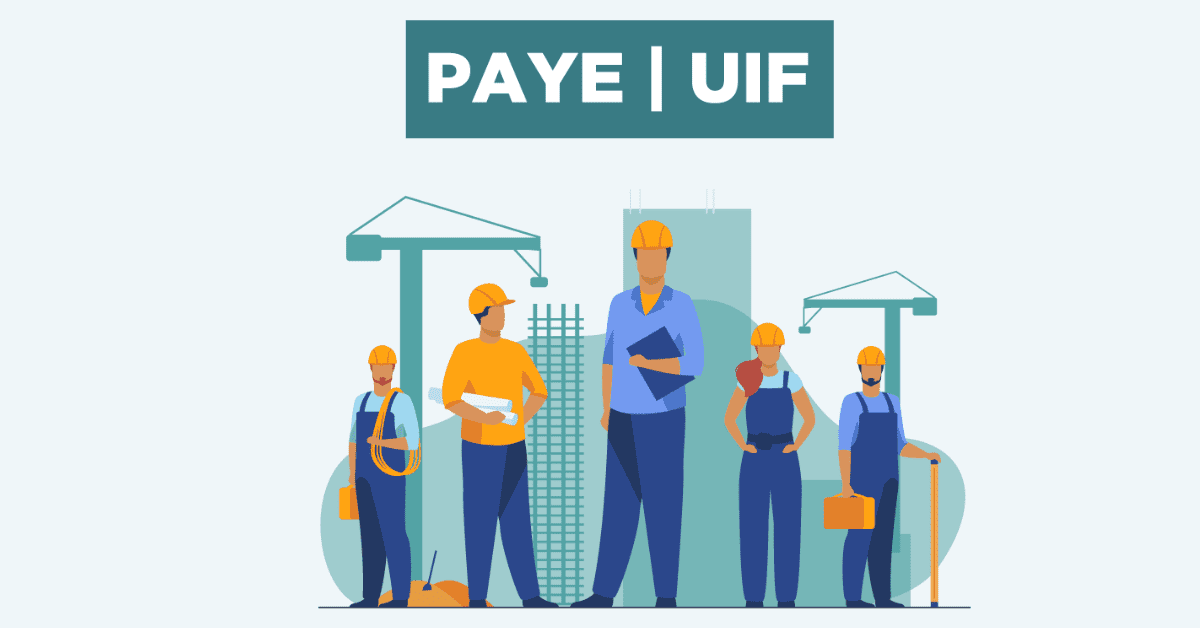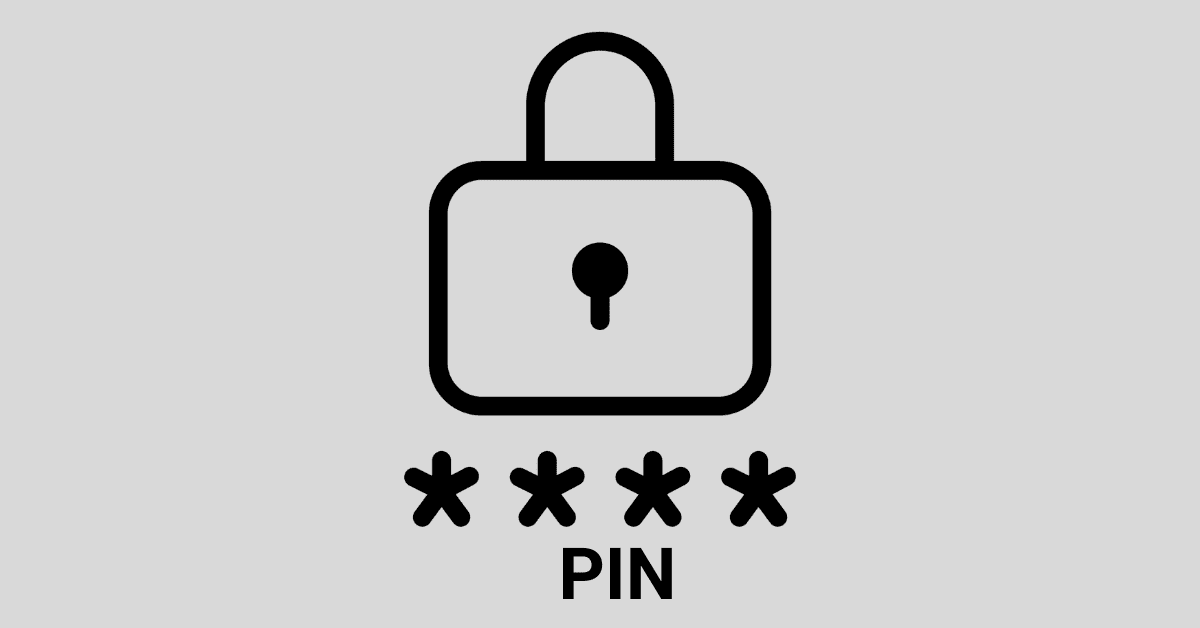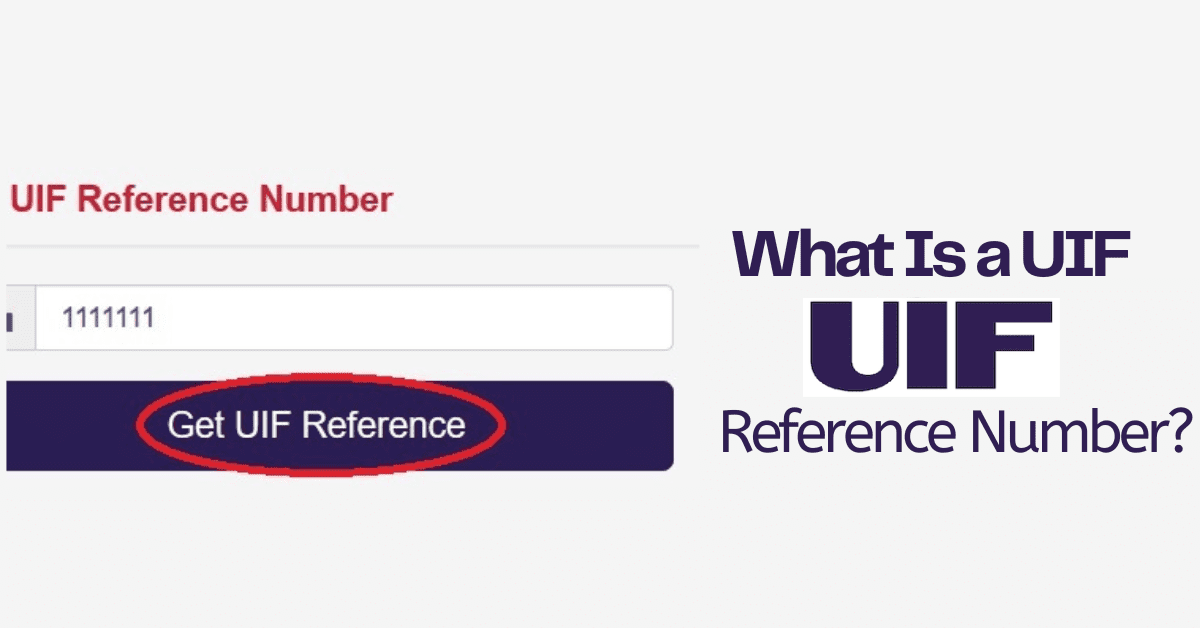Resigning from a job can lead to financial uncertainty, but in South Africa, individuals may still be eligible to claim benefits from the Unemployment Insurance Fund (UIF). While UIF primarily caters to those who have been retrenched, it also extends coverage to individuals who resign under specific circumstances. This guide will provide a step-by-step process on how to claim UIF after resigning in South Africa, ensuring that individuals understand the necessary requirements and procedures to access these benefits.
How to Claim UIF After Resigning
- Understand the Eligibility Criteria: Certain conditions must be met to claim UIF after resigning. Firstly, individuals must have contributed to the UIF for at least 13 weeks (four days per week) within the last four years. Secondly, resignation must be due to specific circumstances such as domestic violence, health reasons, or unfair treatment by the employer. Familiarizing oneself with the specific eligibility criteria the UIF sets is crucial.
- Notify the Employer: Inform the employer about the resignation, providing the appropriate notice period per the employment contract or labor laws. Resigning without proper notice may impact the UIF claim process.
- Gather Required Documentation: Collect the necessary documents to support the UIF claim. These typically include an official letter of resignation, certified copies of the employee’s identification document, and a UI-19 form obtained from the employer.
- Visit the Nearest Labor Center: Locate the nearest Department of Employment and Labour (DEL) or UIF office and visit it in person. Consult the official website or contact the office beforehand to confirm the required documents and additional steps.
- Submit the UIF Claim: Complete the UI-2.8 form, which is the application for unemployment benefits, at the labor center. Ensure that all sections are accurately filled out, providing details about the resignation and reasons for leaving.
- Verification Process: The submitted claim will undergo a verification process where the information provided will be reviewed by the UIF. This may involve contacting the employer for confirmation and conducting investigations if necessary.
- Get for that UIF Disbursement: Once your claim gets authorized, the UIF will decide the payment sum, considering the individual’s previous salary and other related factors. Usually, the cash gets transferred electronically through EFT to the claimant’s specified bank account.
Will I Get My UIF Money If I Resign?
Resigning from a job does not automatically disqualify an individual from claiming UIF benefits in South Africa. However, to receive UIF payments after resigning, the resignation must be due to specific circumstances recognized by the UIF. These circumstances include:
- Domestic Violence: If an individual resigns due to domestic violence that impacts their ability to continue working, they may be eligible for UIF benefits. Supporting documentation may be required, such as protection orders or relevant authorities’ affidavits.
- Health Reasons: Resigning because of health issues that prevent the individual from performing their job can qualify for UIF benefits. Medical certificates or reports from healthcare professionals should accompany the claim.
- Unfair Workspace Treatment: In cases where an employee resigns due to unfair treatment or a breach of the employment contract by the employer, they may be eligible to receive UIF benefits. To support the claim of unfair treatment, it is crucial to provide supporting proof , such as relevant correspondence or documentation.- ADVERTISEMENT -
It is crucial to understand that resigning voluntarily without valid grounds acknowledged by the UIF can lead to the rejection of the claim. Each claim is assessed individually, and the UIF will evaluate the circumstances and supporting documentation provided to determine eligibility for benefits.
What is the Waiting Period for Payment After Resignation?
The duration required for processing UIF claims following resignation may vary based on several factors, including the thoroughness of the application, the precision of the supplied details, and the workload of UIF offices. Mainly, the claim processing period and the disbursement of the first cash is roughly seven weeks. However, it’s pivotal to realize that this timeframe can shift, and delays may happen due to huge volumes of claims or the urgency for extra verifications.
Prompt submission of the UIF claim following the resignation and the careful review of all necessary documentation is crucial. Any inaccuracies or omissions in the provided information can lead to processing delays. Individuals have the option to contact the UIF office or access their website for updates on the claim’s status or to obtain any additional information required.
Once the claim is approved, subsequent payments are usually made every four weeks, provided the individual remains eligible for the UIF benefits and continues to meet the necessary requirements.
What Documents Are Needed to Claim UIF?
To claim UIF after resigning in South Africa, several documents are typically required to support the application. These include:
- Formal Resignation Letter: A written correspondence directed to the employer expressing the intent to resign and specifying the final day of employment.
- Notarized ID Copies: Submit notarized copies of the applicant’s identification document, such as an ID card or passport.
- UI-19 Form: Obtain the UI-19 form from the employer. This form, or the “Employment Service Amendment Act Declaration by Employer,” contains important employment details required for the UIF claim.
- UI-2.8 Form: Complete the UI-2.8 form, which is the application for unemployment benefits. This form collects information regarding the resignation and reasons for leaving, ensuring the claim is processed correctly.
- Supporting Documentation: Additional supporting documents may be necessary depending on the reason for resigning. For instance, medical certificates, protection orders, or evidence of unfair treatment may be required to substantiate the claim.
Ensuring that all documents are accurate, complete, and certified where necessary is crucial. Any missing or inaccurate information may delay the claim processing or result in a denial. Individuals should contact the nearest labor center or visit the official UIF website for a comprehensive list of required documents and any specific guidelines for submission.
